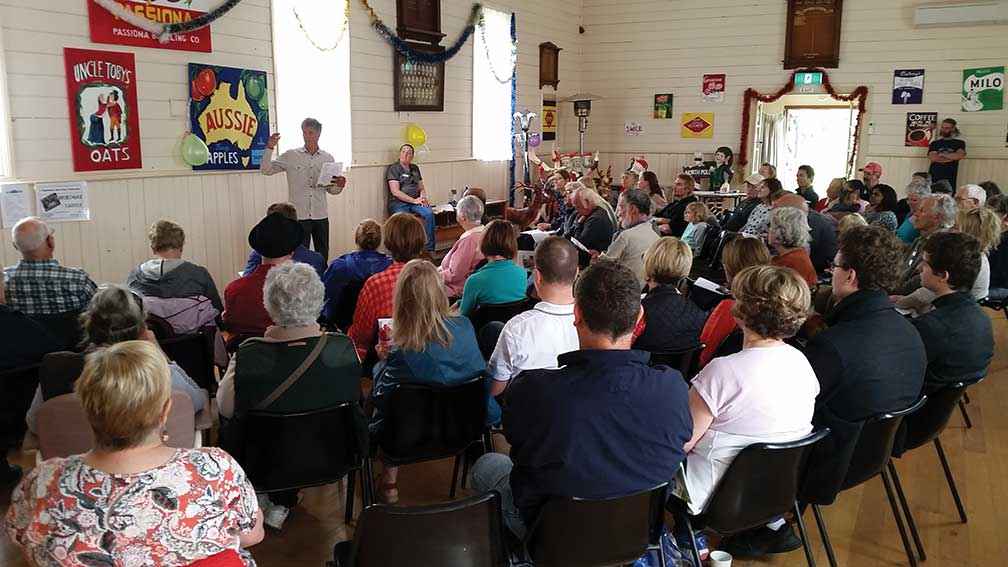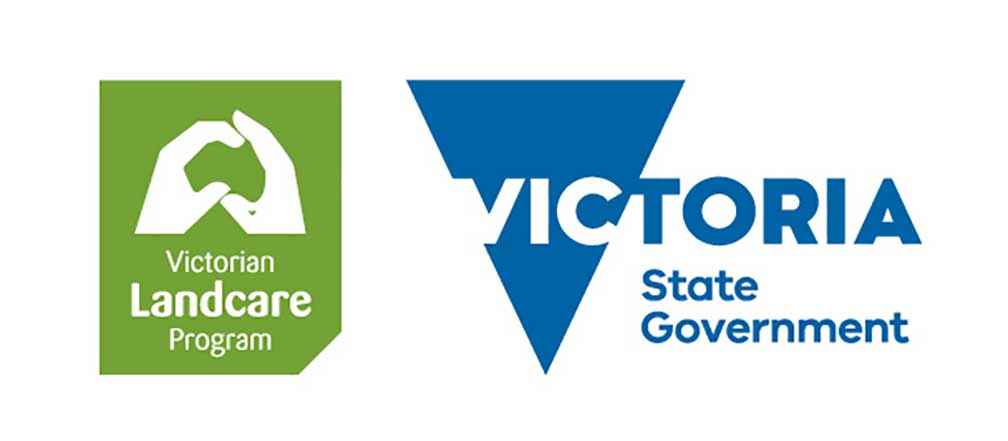Victorian Landcare Magazine - Spring 2019, Issue 76
The Bass Coast Landcare Network (BCLN) was formed in 2003 as an affiliation of 10 Landcare groups in South Gippsland. BCLN has grown into a strong and creative network that drives innovation.
BCLN sees itself as an effective ‘community of practice’ with more than 80 per cent of landholders in the region involved in Landcare group or network activities. BCLN is proud of how its members are evolving into land stewards that understand their contribution to a sustainable, productive landscape – a landscape that supports healthy communities.
Over the past 10 years BCLN and its member groups have established more than two million indigenous plants. Staggering statistics are compiled each year on the number of individual landholder projects, hectares of remnant vegetation protected, and the hectares of weed control on private land and roadsides.
BCLN holds a series of sustainable agriculture field days each year and many training courses as well as supporting four farmer discussion groups that meet bimonthly.
BCLN Executive Officer and Landcare Facilitator David Bateman believes that communication and planning have been the cornerstones of the network’s success.
“We’ve spent a lot of time working with our member groups and the local community to develop a highly innovative strategic plan. This was put together after an intensive community workshop and consultation process attended by more than 50 group and community representatives in November 2018. This plan will guide the direction of BCLN for the next seven years,” David said.
The strategic plan has six main objectives: strong communities that are engaged and connected through Landcare; growing and protecting a connected biodiverse landscape; leading an innovative sustainable agricultural community; capitalising on carbon; ensuring best practice governance and safe, skillful operations; and delivering leading edge experiences, education and training.
These objectives guide which activities feature in annual operational plans. The plans are informed by the BCLN’s educate-grow-feed values.
Recent projects have included an indigenous plant nursery run by volunteers; a works crew contracting service; training and education programs for landholders; and activities at a river garden established at the BCLN offices.
An extensive revegetation project at Karl and Rachael Russo’s property in the Bass Hills has seen more than 60,000 plants established through multiple funding sources and partnerships. In 2018 a group of 200 year nine students planted 16,000 native plants in just one day on the property. A video of the planting days has attracted more than 12,500 views on Facebook.

Above: A community consultation session held in 2017 on developing the river garden at Bass.
BCLN has excellent relationships with its partners who include the West Gippsland and Port Phillip and Westernport CMAs, Westernport Water, Melbourne Water, South Gippsland Water, Phillip Island Nature Parks, Vic Roads, corporate partners and neighbouring Landcare networks.
David Bateman acknowledges that the on-ground success of BCLN in protecting, enhancing and restoring environments would not be possible without the massive volunteer effort.
“There is often a huge response to volunteer planting days – rain, hail or shine. People enjoy getting together, seeing new places, sharing ideas, meeting neighbours and chatting over a relaxed lunch.
“We recognise the importance of Landcare in maintaining the social fabric of our communities,” David said.

Above: Award sponsor's logos.